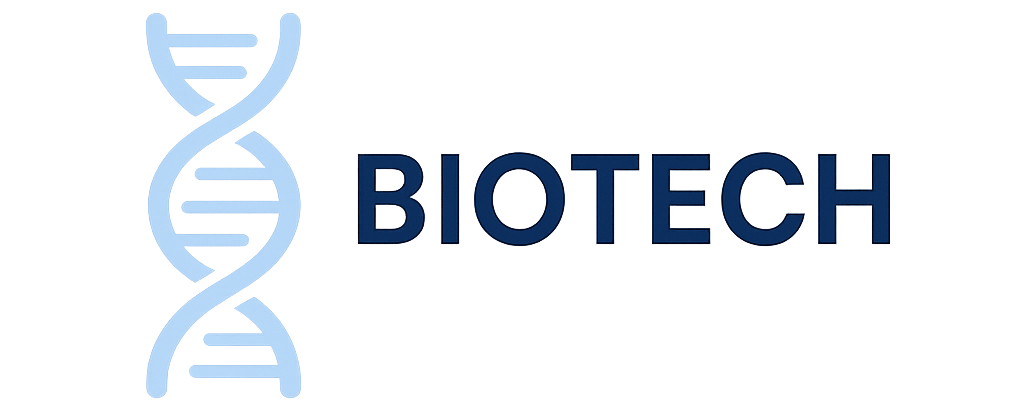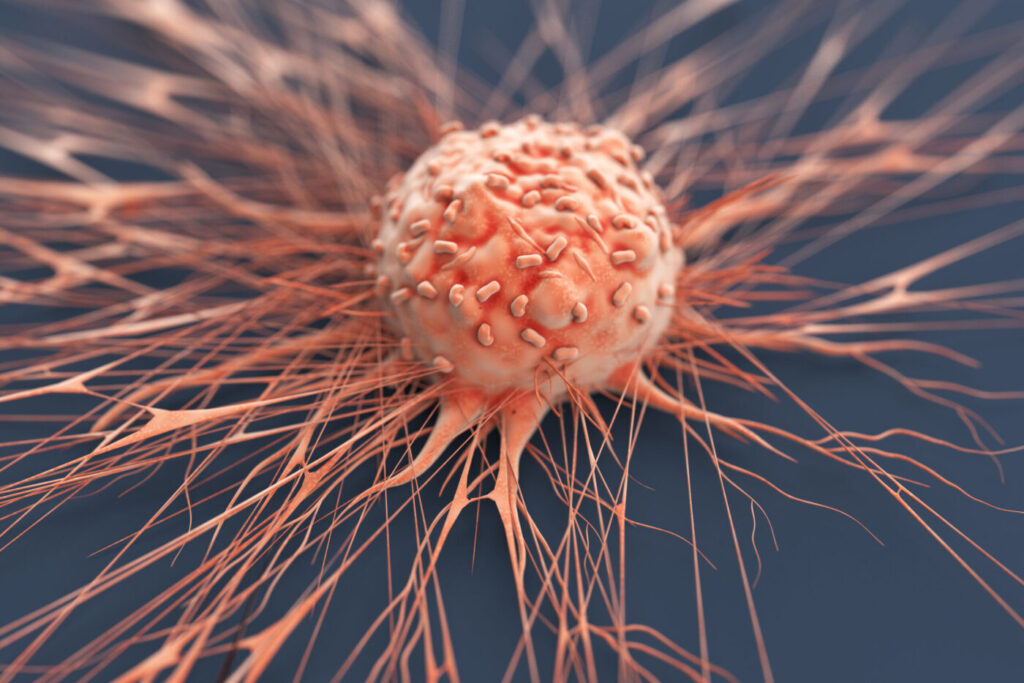Agenus, a clinical-stage immunotherapy company, and Noetik, an AI-focused multimodal biology start-up, have announced a research collaboration to develop predictive biomarkers for Agenus’s lead immuno-oncology combination, botensilimab (BOT) and balstilimab (BAL).
The collaboration will apply Noetik’s OCTO virtual cell model to identify actionable biomarkers that can predict which patients are most likely to benefit from BOT/BAL treatment by using a systems-level view of the tumor microenvironment.
BOT is a human Fc-enhanced CTLA-4 blocking antibody designed to boost both innate and adaptive anti-tumor immune responses. BOT alone or in combination with BAL, an investigational PD-1 antibody, has shown clinical responses across nine metastatic, late-line cancers after evaluation in more than 1,200 patients across Phase I and Phase II clinical trials.
In an interview with GEN, Zack Armen, head of investor relations, corporate development at Agenus, shared single patient examples that demonstrated complete solid tumor eradication after a few weeks of BOT/BAL treatment. The results, while promising, were only seen in a subset of patients. The Noetik collaboration aims to understand and improve patient responder rates by iterating at the intersection of biology, chemistry, and software.
“What we hope to see in our work with Noetik is raising that complete tumor eradication rate from 30–35% to eventually 60%,” said Armen. “If we add in another therapy and Noetik is able to build another model using that triplet combination, maybe we can break into 70–80%.”
Human first
OCTO is composed of 1.5 billion parameters and is trained on Noetik’s proprietary multimodal datasets which span spatial proteomics, spatial transcriptomics, H&E (hematoxylin and eosin) pathology, DNA genotyping, and clinical metadata from nearly 200 million tumor and immune cells collected from thousands of patients with cancers such as colorectal cancer, non-small cell lung cancer, ovarian cancers, and sarcomas.
Ron Alfa, MD, PhD, CEO of Noetik, said the founding vision for the company was to take on the problem of clinical translation with a human data-first approach. The collaboration with Agenus will deploy Noetik’s virtual cell foundation models in the context of an active clinical program for the first time, providing valuable validation data to strengthen model performance.
“We tend to spend a lot of time asking, ‘How do I find a better drug for these targets? How do I tackle undruggable targets and develop better molecules?’” Alfa told GEN. “The vision behind Noetik is developing models that understand patient biology and predict which drugs are going to work in which patients.”
![Noetik's labs generate spatial, high-dimensional, multimodal data from thousands of patients. [Noetik]](https://www.genengnews.com/wp-content/uploads/2025/06/Noetik-2000.png)
A San Francisco-based company, Noetik was founded three years ago with the focus of building AI models that are trained on human clinical data. While AI areas, such as protein modeling, have benefited from troves of large public datasets, such as the protein data bank (PDB), large-scale and multimodal translational data have remained an empty chest.
Noetik aims to fill the data gap by generating multimodal data from primary human tissue samples with intact in vivo context. The company’s approach is distinct from other virtual cell efforts that focus on a single modality of data, such as single-cell RNA sequencing (scRNA-seq), which gives a broad transcriptome view but lacks spatial information. These data also commonly focus on in vitro experiments and single cell types, such as cancer cell lines, which do not capture the complexity of human tissue or a living organism.
According to Alfa, datasets based on single-cell sequencing hit a performance threshold orders of magnitude below what is observed with large language models.
“Large-scale perturbation datasets are invaluable to drug discovery—but we need richer representations of biological systems to take full advantage of breakthroughs in AI,” Alfa told GEN.
According to Armen, Noetik’s collaboration with Agenus is currently focused on BOT/BAL due to the urgency to move the program forward and treat patients swiftly. The option to expand the collaboration into other programs will be explored at later stages. Insights from Noetik’s AI models aim to inform the design of BOT/BAL’s Phase III clinical trial.
“This program could become impactful for at least several hundred patients that we expect to be part of Phase III, and hopefully thousands of patients around the world who have colorectal cancer in particular, which is growing in prevalence,” said Armen.



